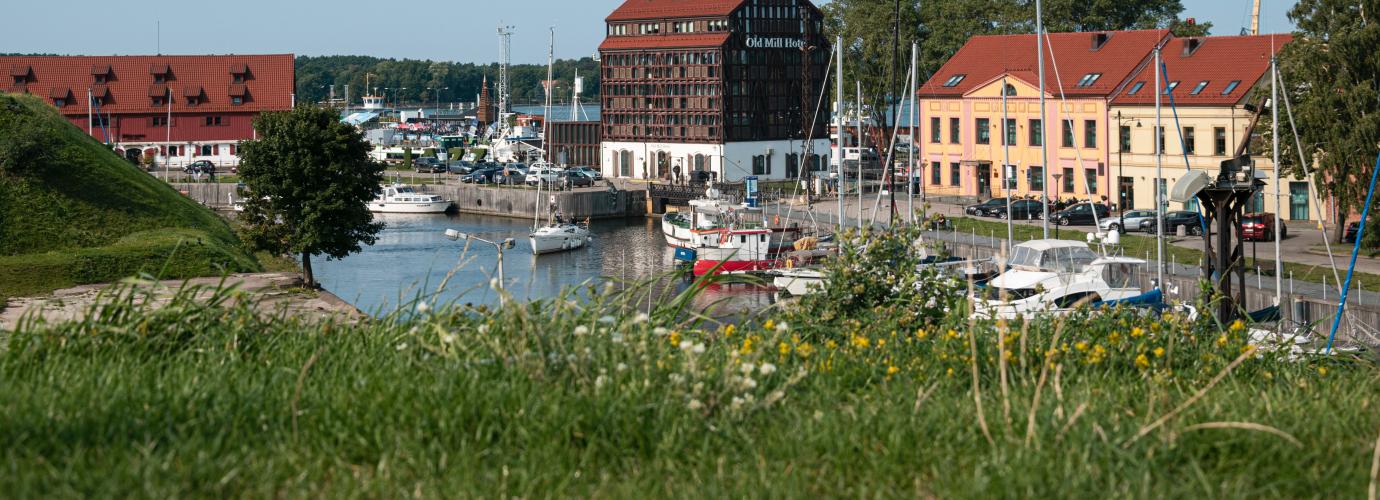Lithuania guarantees every citizen and, every alien who has the right of permanent or temporary residence in Lithuania, primary, basic and secondary education. The state also guarantees access to higher education study programmes or vocational training programmes that result in the acquisition of the first qualification . Hence, all Lithuanian adults can participate in formal education from the age of 18 years. Adults also have access to other parts of the Lithuanian education system: non-formal education, informal education, and educational assistance.
Formal adult education includes general education (ISCED 1–ISCED 3), vocational education and training (ISCED 4), and higher education (ISCED 6 – ISCED 8). Comprehensive information about vocational education and training is presented in chapter 6 ‘Secondary and Post-Secondary Non-Tertiary Education’. Information about higher education is presented in chapter 7 ‘Higher Education’. It refers to institutionalised learning activities which are purpose-specific, organised, with a fixed length of studies, and curriculum. The learner evaluation system is used in formal education, there are formal admission and registration requirements, and education content, teaching methods and resources are set out. Upon completion of studies, learners are issued with officially recognised diplomas and professional qualifications. The state funds primary, lower-secondary and upper-secondary education. The state also finances studies in vocational education and training. Section 3.2. ‘Higher Education Funding’ of chapter 3 ‘Funding in Education’ discusses higher education funding in details.
Non-formal adult education is described in the Law on Non-formal Adult Education and Continuing Education. Non-formal adult education meets the needs of the individual and society and is carried out through various non-formal adult education programmes. The purpose of non-formal adult education is to fulfil different adult education needs, upgrade qualifications, and obtain additional qualifications. Non-formal adult education is provided for those aged 18 years and older. Non-formal adult education can be provided by educational institutions, teachers, various other education providers that are legally allowed to provide non-formal adult education (both a natural person and a legal entity). For example, this might be a library, a museum, a university of the third age etc. There is no officially recognised certification such as a certificate or diploma, however, the competences gained can be recognised as part of a completed formal adult education or study programme. Moreover, the competences attained can be recognised as competences needed to perform a concrete job or function following the rules established by the laws. The gained competences can also be recognised and validated as a qualification that correspond to a concrete level of the Lithuanian Qualifications Framework. Non-formal adult education can be financed by the state, the learner, and private funds. More detailed information about funding non-formal adult education is provided in section 3.3. ‘Adult Education and Training Funding’ of chapter 3 ‘Funding in Education.
Informal education is described in the Law on Education as independent adult learning based on a person’s knowledge gained from various sources and practice. Competences obtained through informal education can be recognised as part of a completed formal adult education or study programme. The Minister for Education and Science or the higher education institution establishes the recognition order.
It should be noted that the importance of lifelong learning is recognised in the state’s strategic documents. The concept of lifelong learning covers formal adult education, non-formal adult education and informal education.

